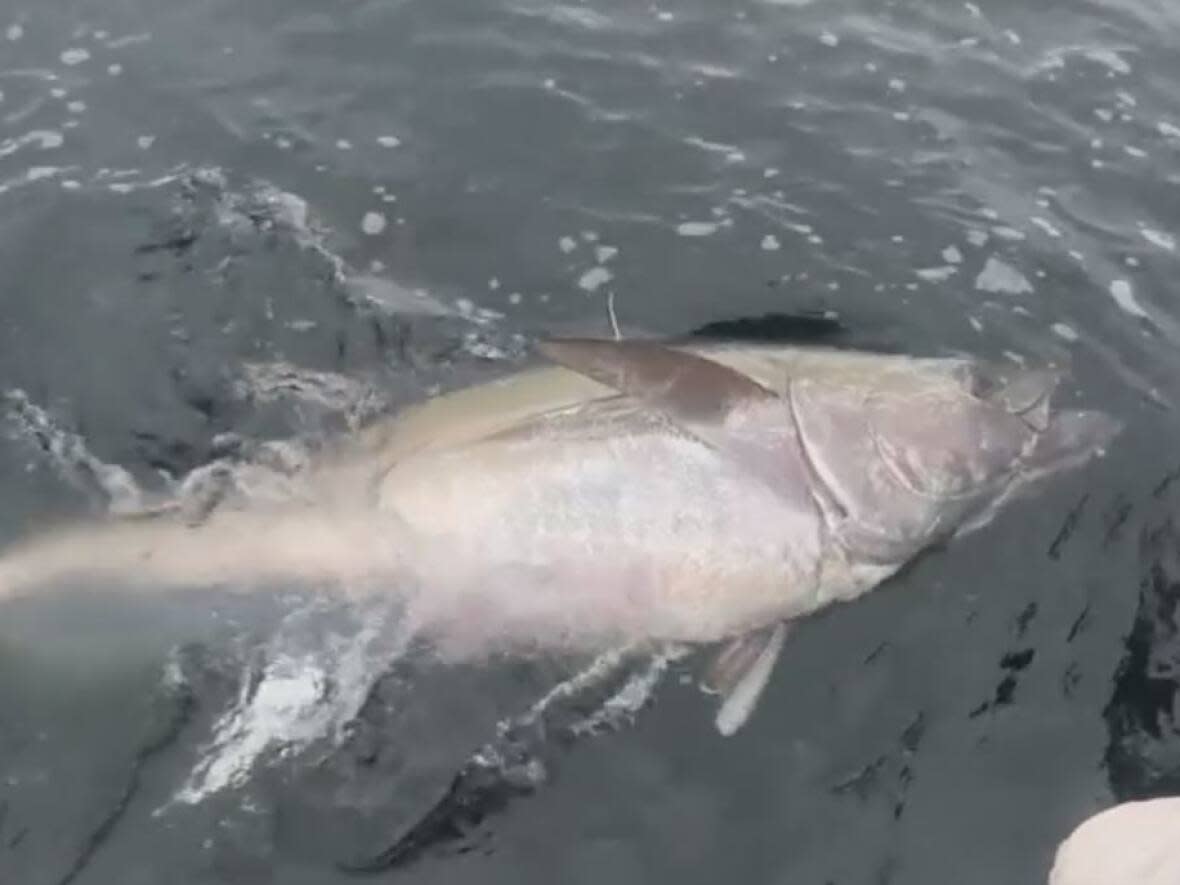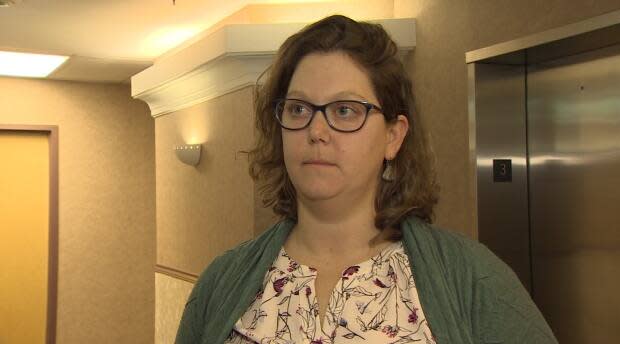New tuna quota method will provide 'a lot more certainty'

An environmental group in Halifax is applauding a change in the way quotas are set for Atlantic bluefin tuna.
The change came out of a meeting of the International Commission for the Conservation of Atlantic Tunas in Portugal earlier this month. The new system for fishing quotas will use complex modelling that looks far into the future, rather than simply using historical data.
"We think it's great news," Katie Schleit, a senior fisheries advisor with Oceans North, told Island Morning host Laura Chapin.
"These management procedures allow a lot more certainty in terms of deciding on the quota."

In an emailed statement, Fisheries and Oceans Canada said it too was pleased with the change.
Shleit believes improved forecasting will be good news for both tuna and the Maritimers who fish it.
"You can simulate different environments out to as much as 50 years from now," she said.
"Given these sophisticated simulation exercises, you can have more certainty that the [quota] decisions can allow for stock maintenance or health, or for the stock to handle different environmental conditions."
These forecasting system have been used successfully in some other Canadian fisheries, such as halibut, she said.
ICCAT has been slower to work with the new technology because of the particular challenges it has in managing an international fishery, , she said. ICCAT meetings involve 52 countries, all coming to the table with different objectives.
CBC News asked the head of P.E.I.'s tuna advisory committee, Curtis MacKenzie, for comment, as well as the P.E.I. Fishermen's Association. Neither responded.


